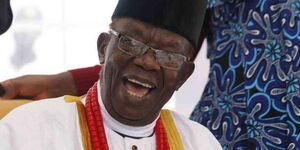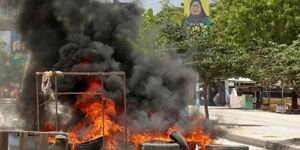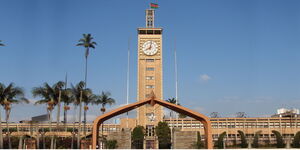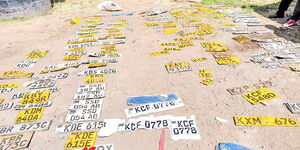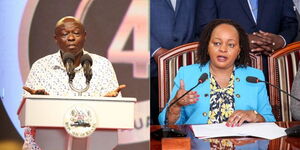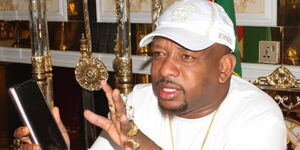The Directorate of Criminal Investigations (DCI) has announced that the high-profile investigations into Mediheal Hospital over alleged organ trafficking have been handed over to a more specialised unit.
In a statement released on Tuesday, April 22, the DCI announced that its elite Transnational Organised Crime Unit (TOCU) would take over the case, citing the need to have a more coordinated and thorough investigation.
"The Transnational Organised Crime Unit (TOCU) of the DCI has taken over the investigation of the case where Mediheal Hospital is implicated in the trafficking of human organs harvested at its Fertility and Transplant Centre in Eldoret, Uasin Gishu County," the DCI said in a statement.
According to the directorate, the decision to escalate the matter to TOCU was made in response to the widespread nature of allegations against the hospital, which prompted the need to harmonise evidence across multiple cases against the Eldoret-based medical facility.
The statement went on, "Whereas a number of such cases have been reported at various police stations and DCI offices across the North Rift region, TOCU takes over to harmonise all reports and statements previously recorded."
The DCI's official website classifies the Transnational Organised Crime Unit as a unit put in place to handle complex criminal cases which require special investigative techniques and forensic analysis to uncover the full extent of illegal activities. In this case, the MediHeal organ trafficking saga fits the bill.
In their statement, the DCI also encouraged individuals with knowledge of organ trafficking to come forward and record statements directly with the head of TOCU, who is based in the directorate's headquarters in Nairobi.
Mediheal Hospital gained international headlines after a special investigation by Deutsche Welle, German media ZDF, and ‘Der Spiegel’ revealed that Kenya was at the centre of an international organ trafficking syndicate.
The exposé fingered Mediheal as the hospital where the illegal transplants were being conducted.
Details of the investigations paint a worrying picture, with the exposé alleging that recipients of the organs pay up to $200,000 (about Ksh25.9 million) for an organ transplant, with the research spanning from Mediheal in Kenya to a shadowy agency that attracted organ recipients from Germany, exploiting vulnerable people at both ends.
One of the cases saw a young Kenyan man get paid $4,000 (about Ksh518,120) to donate his kidney, albeit under unscrupulous circumstances.
Meanwhile, the National Assembly Health Committee on Tuesday, April 22, revealed that they would launch an inquiry into organ trafficking allegations at the Eldoret Hospital.
In their probe, the committee, chaired by Seme Member of Parliament James Nyikal, is expected to deliver its report in 80 days. The latest comes after Health Cabinet Secretary Aden Duale suspended kidney transplant services at the hospital last week.


